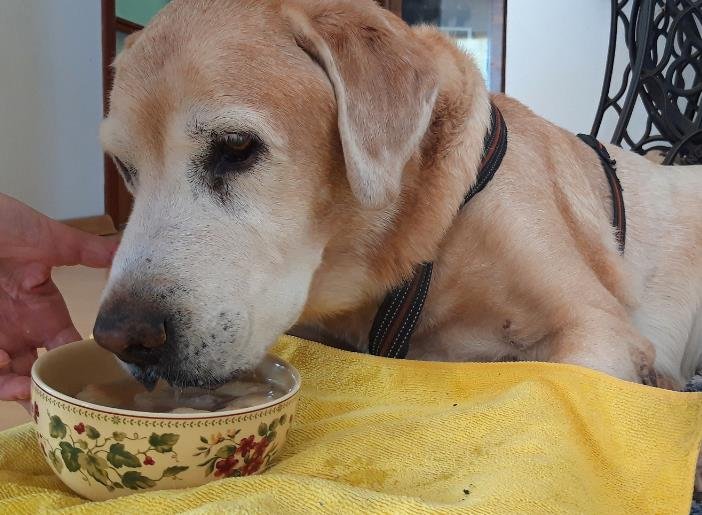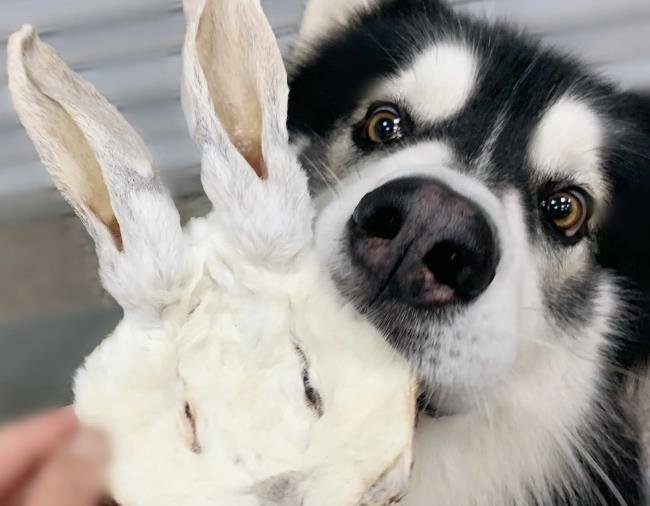The frequency of feeding a dog depends on several factors, including their age, size, breed, metabolism, and activity level. Here are general guidelines based on different life stages:

Puppies: Puppies have rapid growth rates and high energy levels, so they typically need to eat more frequently than adult dogs. A puppy should be fed three to four times a day. As they grow older, the number of meals can be reduced to two to three times a day.
Adult Dogs: Adult dogs generally do well with two meals a day, although some dogs may benefit from three smaller meals. This schedule helps maintain a consistent energy level throughout the day.
Senior Dogs: Senior dogs may have slower metabolisms and may require fewer calories. They often do well with two smaller meals a day. Some senior dogs may also benefit from a diet that is easier to digest or that supports joint health.
Active Dogs: Highly active dogs, such as working dogs or sporting breeds, may require more frequent meals to fuel their high energy levels. They may need three to four meals a day, or even more if they are engaged in strenuous activities.
Inactive Dogs: Less active dogs, such as those that spend most of their time indoors, may require fewer calories and therefore may do well with two meals a day or even one larger meal.
Feeding Schedule: It’s important to establish a regular feeding schedule and stick to it. This helps regulate your dog’s digestive system and can prevent overeating.

Amount of Food: The amount of food you give your dog should be based on their individual caloric needs, which can vary widely among different dogs. Consult with your veterinarian to determine the appropriate amount of food for your dog’s age, weight, and activity level.
Monitor Weight and Body Condition: It’s crucial to monitor your dog’s weight and body condition. Overfeeding can lead to obesity, which is a common health issue in dogs. If your dog gains weight unexpectedly, you may need to adjust their food intake.
Transition to New Food: When changing your dog’s food, it’s important to do so gradually over a period of 7 to 10 days to avoid stomach upset. Start by mixing a small amount of the new food with the old food, and gradually increase the proportion of the new food until the transition is complete.
Consult Your Vet: Your veterinarian can provide personalized advice on feeding schedules and portion sizes based on your dog’s individual health needs. They can also recommend special diets for dogs with specific health issues or dietary restrictions.
Fresh Water: Always ensure that your dog has access to fresh, clean water. Water is essential for maintaining hydration, digestion, and overall health.
Remember, these are general guidelines, and the specific feeding needs of your dog may differ. It’s essential to consider your dog’s individual characteristics and consult with your veterinarian for tailored advice.








